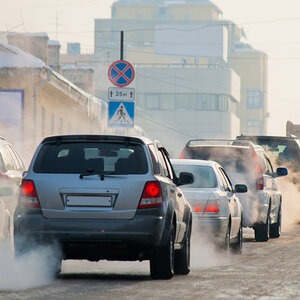Six cities address health equity, climate risks through RWJF grant

With support from C40 Cities and grants from the Robert Wood Johnson Foundation (RWJF), six U.S. cities and community-based organizations have created and implemented projects to address the interconnected issues of health, equity, and climate change.
Initial grants for the Cities Taking Action to Address Health, Equity and Climate Change program were awarded by RWJF in 2021. Since then, C40 Cities have partnered with the foundation to foster global learning and lead innovative, community-driven approaches that mitigate the health and equity risks posed by climate change.
Participating cities and their programs include Cleveland, which is working on a collaborative project to advance the circular economy led by Cleveland Neighborhood Progress, the City of Cleveland, and Neighborhood Connections; Detroit, which started Detroit Composting for Community Health, a series of composting pilot projects that have been introduced around the city, led by community-based organizations, including Eastside Community Network, Georgia Street Community Collective, and Sustainable Community Farms; Jackson, Mississippi, which launched Going Green for a Cool, Healthy Jackson, an initiative led by 2ºC Mississippi, Mississippi State University’s Jackson Community Design Center, the National League of Cities, and local consultants from Jackson State University; Lawrence, Massachusetts, which started the Lawrence Pa’lante: Safer Cooler Streets—a partnership between the Conservation Law Foundation, Groundwork Lawrence, and the newly established Pa’lante resident taskforce to create a cooler, more walkable and connected city; Seattle, where the Duwamish Valley Resilience District advisory group has been established to foster shared decision making and community action against displacement and sea-level rise; and Tempe, Arizona, where the City of Tempe’s Office of Sustainability and Resilience united with local high school students and teachers to create the Cool Kids, Cool Places, Cool Futures project, centered on youth education, dialogue, and activism in response to extreme heat.
For more information, including case studies on each city’s initiatives, see the C40 website.
(Photo credit: Getty Images/Shih Wei)








